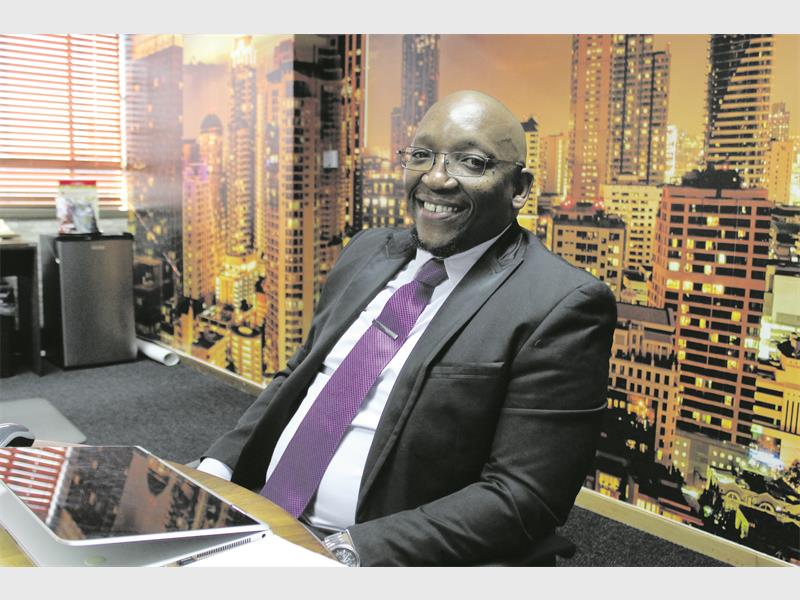‘A Re Sebetseng’ heads down the final stretch, with Region A left to complete.
The region-by-region service delivery blitz campaign has resulted in the filling of 18 991 potholes across the City, between February and May.
This is against a target of just over 17 000 potholes.
The initiative has also seen 15 694 m2 of deep patching completed, against a target of 18 214 m2.
“While these figures are encouraging – seen against the backdrop of staggering service query backlogs as a result of almost two years of Covid-19 restrictions – the mushrooming of potholes on the City’s roads is cause for serious concern and signals a bigger problem with our roads.
Aside from occasional heavy rains that cause large amounts of water to linger on our road surfaces thereby leading to the formation of potholes and other signs of damage, I am convinced that the way we have always maintained and repaired our roads will have to change drastically if we are to continue enjoying roads of a good quality,” says Funzela Ngobeni MMC- Transport in the City of Joburg.
Not only do we have to adopt a back-to-basics maintenance routine but a different approach is urgently needed in the way we repair roads that have suffered damage, he says.
The practice of filling potholes was initially intended as a short-term measure but the City may have to undergo a mindset shift with a view to looking at long term, sustainable measures.
These include undertaking extensive resurfacing of our roads or embarking on more ambitious endeavours like completely reconstructing those roads that have reached their lifespan and can no longer be renewed through short-term measures like pothole repairs.
But this will be costly.
In 2017, the City required R7.1 billion to address the backlog for surfaced roads. Only R240 million was allocated that year for resurfacing and reconstruction.
In 2022, the backlog for surfaced roads stands at R10.4 billion for Class 3 and 4 roads and R27.3 billion for Class 5 and 6 roads.
For the 2022/23 financial year, the Transport portfolio has been allocated R1.1 billion in Capital Expenditure for road infrastructure.
As daunting as these numbers are, urgent solutions must be found, including:
- Drastically scaling up production at JRA’s Asphalt Plant from the current 30-35% to 50%
- Commercialising the Asphalt Plant to allow JRA to sell Asphalt to private companies and other government departments and entities (the City has allocated R5 million for a feasibility study)
- Acquiring additional fleet and plant for increased repairs and maintenance and
- Contracting the services of Level 1 SMMEs to add capacity for road repairs.
I am confident that, as we begin to implement these measures as aggressively as possible, working with like-minded stakeholders, we will begin to see a marked improvement in our road infrastructure, says MMC.
Image (MMC Transport Funzela Ngobeni admits potholes are becoming costly to the City).

